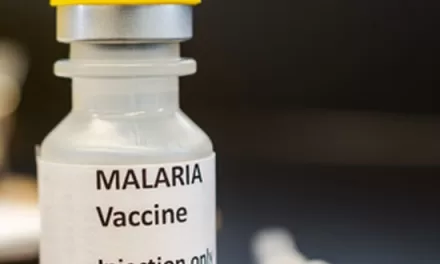February 16, 2024
Health authorities across Europe are on high alert as the European Centre for Disease Prevention and Control (ECDC) issues a warning regarding the heightened risk of further spread of hypervirulent Klebsiella pneumoniae (hvKp) sequence type (ST) 23 between healthcare facilities. This alert comes in the wake of a rapid increase in reported cases across European Union (EU) and European Economic Area (EEA) countries, raising concerns about the potential for severe infections and antibiotic resistance.
According to the latest rapid risk assessment by the ECDC, the number of EU/EEA countries reporting hvKp ST23 infections has more than doubled since 2021, jumping from four to 10. Additionally, the total number of cases reported to the ECDC by these countries surged from 12 to 143, underscoring the urgent need for concerted action to contain the spread of this highly virulent pathogen.
Dominique Monnet, head of section for antimicrobial resistance and healthcare-associated infections at the ECDC, expressed deep concern over the increasing cases of carbapenem-resistant hvKp, emphasizing the severity of these infections and their resistance to last-line antibiotics. The combination of virulence and resistance poses significant challenges for treatment, potentially leading to high morbidity and mortality rates among affected individuals.
One of the alarming aspects highlighted by the ECDC is the susceptibility of young and healthy individuals to hvKp infections. While traditionally associated with hepatic abscesses, hvKp can cause a range of invasive infections, including pneumonia, lung abscesses, meningitis, necrotizing fasciitis, and endophthalmitis. The rapid progression and ability of the pathogen to spread to distant sites further exacerbate the risk, making early detection and intervention crucial.
Historically, hvKp was predominantly reported in Asia, primarily as community-acquired infections with minimal antibiotic resistance. However, recent trends indicate a shift towards broader geographic distribution, increased healthcare association, and multidrug resistance, posing a significant threat to public health systems.
The ECDC stressed the need for heightened awareness among clinicians, public health authorities, and laboratory personnel to enhance detection and containment efforts. Detection of hvKp is not routine in diagnostic microbiology, and its extended disease spectrum may go unrecognized by many healthcare professionals. As such, the ECDC recommends alerts to clinicians and laboratories, increased laboratory capacity for hvKp detection, and submission of suspected isolates to national reference laboratories for further analysis.
Furthermore, the ECDC advocates for enhanced infection prevention and control measures in healthcare facilities to curb transmission and mitigate the impact of hvKp outbreaks. Prospective data collection on hvKp isolates, including epidemiological and clinical information, is deemed essential to improve understanding of transmission dynamics and guide effective surveillance and response strategies.
In light of the escalating threat posed by hvKp, concerted efforts at national and international levels are imperative to safeguard public health and prevent further dissemination of this dangerous pathogen within healthcare settings.












